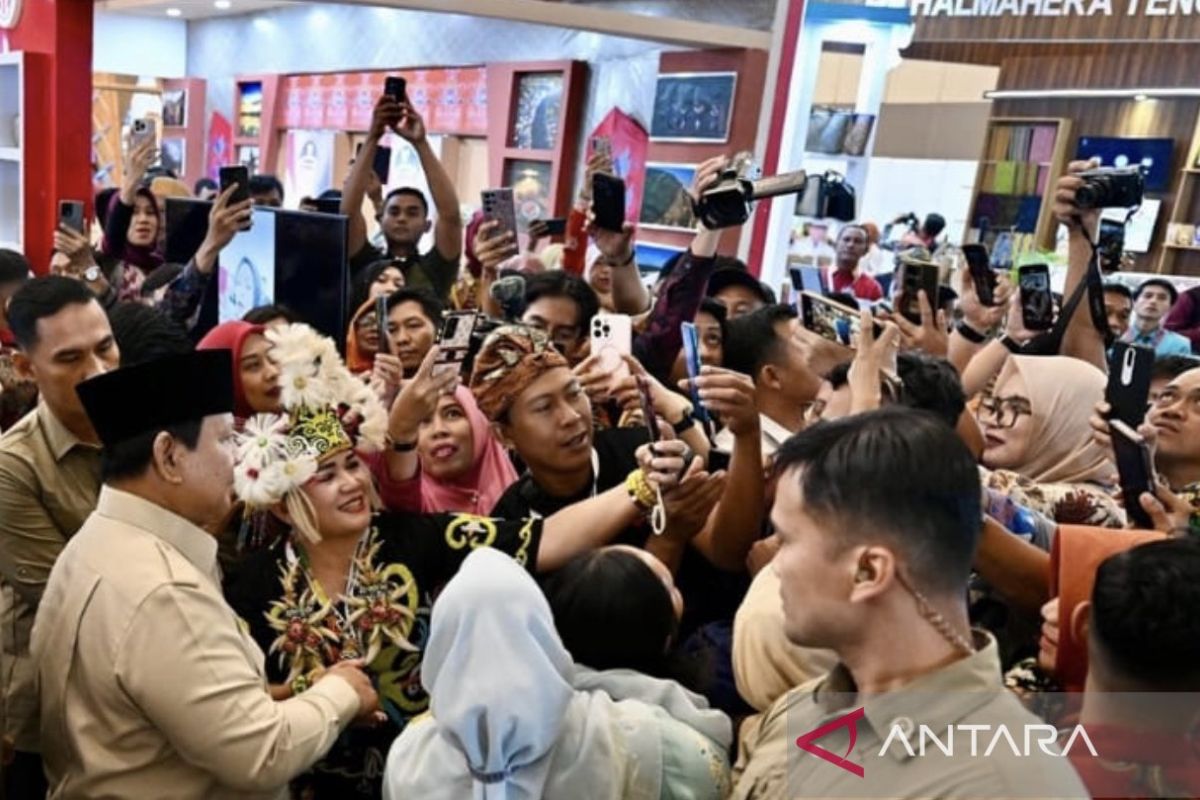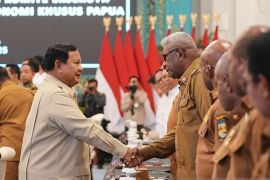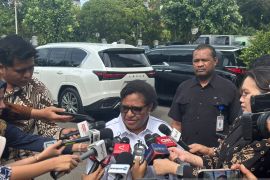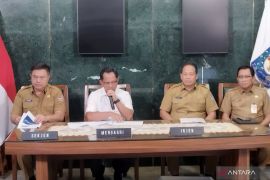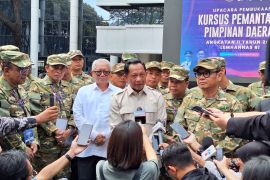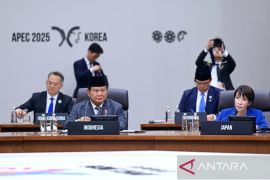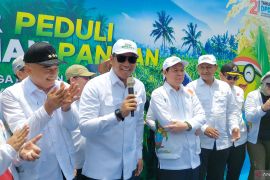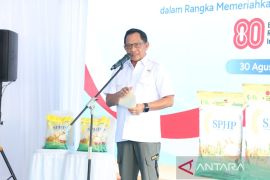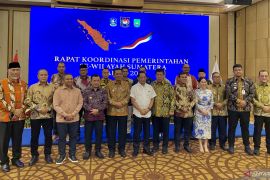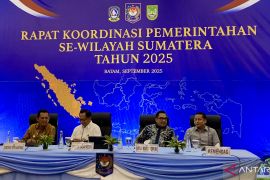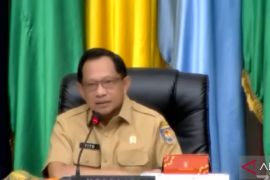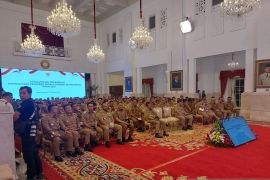President Prabowo Subianto inaugurated the expo on August 28 at ICE BSD in Tangerang, Banten, encouraging local governments to reduce dependence on central funds while maintaining service to citizens.
The expo’s slogan, "Local Products Go Global", signaled an ambition to transform regional economies—pushing them from dependence to self-reliance, and from local markets to global reach.
Prabowo emphasized that government efficiency efforts should not be seen as budget cuts. Transfers to regions, both direct and indirect, would continue, he said, and are essential to maintaining public welfare.
His remarks urged regional leaders to remain connected to their communities and protect citizens’ rights—principles that align with Article 33 of Indonesia’s 1945 Constitution, which mandates the nation’s resources serve public prosperity.
The president acknowledged upcoming challenges but framed them as opportunities. He called on regions to show resilience as the central government reduces transfers under a broader fiscal efficiency agenda.
“Efficiency must not be interpreted as cutting regional transfers. Transfers are both direct and indirect—but all are for the regions,” Prabowo said.
Despite years of decentralization, most regions still struggle with financial independence. Of the 546 provinces, districts, and cities across Indonesia, 493 remain heavily reliant on central government funds.
A planned 25 percent reduction in transfers starting in 2026 is expected to test local fiscal capacity further—setting the stage for AOE 2025 to offer potential solutions.
Home Affairs Minister Tito Karnavian urged regional heads to diversify revenue sources through public-private partnerships, regional-owned enterprises, and national programs such as Free Nutritious Meals and the Red-and-White Cooperative.
“This is not just about budgets.It’s about how ideas and local creativity can become real, inclusive, and sustainable economic resources,” Tito said. “
Apkasi Chairman Bursah Zarnubi echoed that message, saying local wisdom should be the foundation of globally competitive regional economies.
He described AOE 2025 as a vital platform for districts to attract investment and promote their products on an international stage.
“Indonesia’s economic strength is rooted in the regions and oriented toward the global market,” Zarnubi said.
Expanding Connections
AOE 2025 brought together more than 150 regional governments, ministries, investors, small businesses, academics, and foreign diplomats. The event created practical opportunities for networking, market expansion, and cross-sector collaboration.
Exhibitions were complemented by fashion shows, cultural performances, business forums, and procurement workshops—all aimed at encouraging cooperation and shared learning among stakeholders.
If AOE was the stage, fiscal reform was the script. Several regions showcased innovative strategies to strengthen local finances, such as updating taxpayer databases, digitizing revenue systems, and restructuring tax bases—all while minimizing the burden on residents.
Efforts to optimize public assets, modernize parking systems, and deploy digital tools have begun to bear fruit in improving regional fiscal health.
A growing awareness of the importance of accurate data has pushed local governments to modernize tax administration in coordination with the central government, aiming to ensure reliability and accountability in revenue collection.
But these advances also require strong institutional foundations—particularly in governance, oversight, and public transparency.
A case study from Mojokerto District identified six key strategies: strengthening human resources in tax offices, improving taxpayer data through integrated systems, recovering arrears with support from banks and prosecutors, guiding taxpayers, setting realistic targets based on local potential, and improving administrative and field monitoring.
Such models show how a blend of technology, capable personnel, and governance reforms can foster fiscal independence.
Culture as Currency
Beyond economics, AOE 2025 reaffirmed the power of regional identity. Local products are more than commodities—they reflect heritage, culture, and stories that can resonate in global markets.
Traditional fashion was reimagined with contemporary flair. Regional cuisines were adapted to modern tastes. Small enterprises prepared to serve an international customer base without losing their roots.
Faced with shrinking central transfers, local governments are being pushed to adapt. But the challenge also presents a turning point—one that could lead to greater autonomy if met with innovation and constitutional responsibility.
Leaders who remain grounded in the realities of their communities will be better equipped to design inclusive, impactful policies.
As local revenues grow and are managed wisely, public services improve, infrastructure expands, and living standards rise—without leaning too heavily on Jakarta.
AOE 2025 was more than a trade show. It served as a testing ground for transformation — from dependence to independence, and from aspiration to execution — while honoring cultural identity.
For local leaders, the message was clear: fiscal strategies must be smart, community-driven, and fair.
If followed with consistency and vision, these efforts could position Indonesia’s regions as the foundation of a strong, globally respected national economy.
Related news: President alerts regions to impact of 'climate hell' on inflation rate
Related news: Minister Karnavian warns regions of month-to-month inflation rate
Editor: Rahmad Nasution
Copyright © ANTARA 2025
